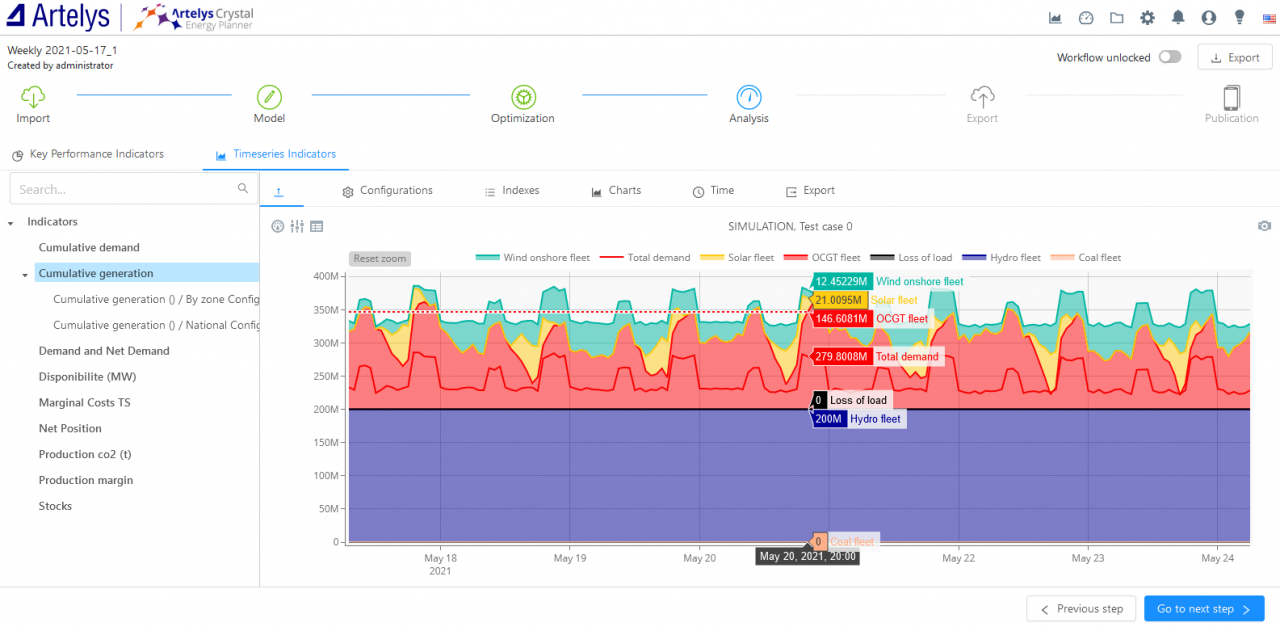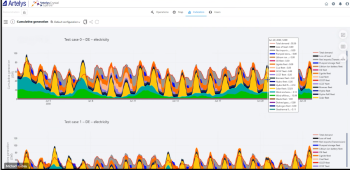Power Systems Maintenance Planning for Energy Transition
Presentation of the problem and objective of the experiment
The power plant maintenance planning has very high economic and environmental stakes for energy producers, transmission system operators and more generally to the renewable energy transition. In the context of increased penetration of renewable energies with the unpredictable intermittent generation, ensuring the availability of controllable generation is a key to stable and safe system operation and minimizing the investments costs. A key to ensuring sufficient availability is to rely on optimized power plant maintenance planning which is a very complex stochastic combinatorial optimization problem.
Short description of the experiment
The problem of planning power plant maintenances has very high economic and environmental stakes for energy producers, transmission system operators and more generally for the renewable energy transition.
In the context of increased penetration of intermittent renewable energies, ensuring the availability of controllable generation is a key to stable and safe system operation and minimizing the investments costs.
The purpose of this experiment is to make it possible to optimize such a maintenance plan over thousands of scenarios.
UPDATE:
Artelys is currently finalising the first MVP for the FF4EuroHPC project. The MVP allows running Monte-Carlo simulations of European power networks on dozens of scenarios on HPC. Here, the Artelys engineering team reviews the simulation results on cumulative generation curves in the user interface of Artelys Crystal Super Grid software.
The goal of the PSyMaP project is to automate the analysis process in order to optimise the maintenance plans at pan-European and local levels while accounting for climatic uncertainty and unplanned outages of electricity production assets.
Pan-European simulations are run and simulation results are reviewed over the whole area using various Key Performance Indicators such as CO2 emissions, resulting in supply mix, costs, fuel consumptions, etc.
Organisations involved:
End User: Artelys
HPC Center: Institut national de recherche en sciences et technologies du numérique (INRIA)



